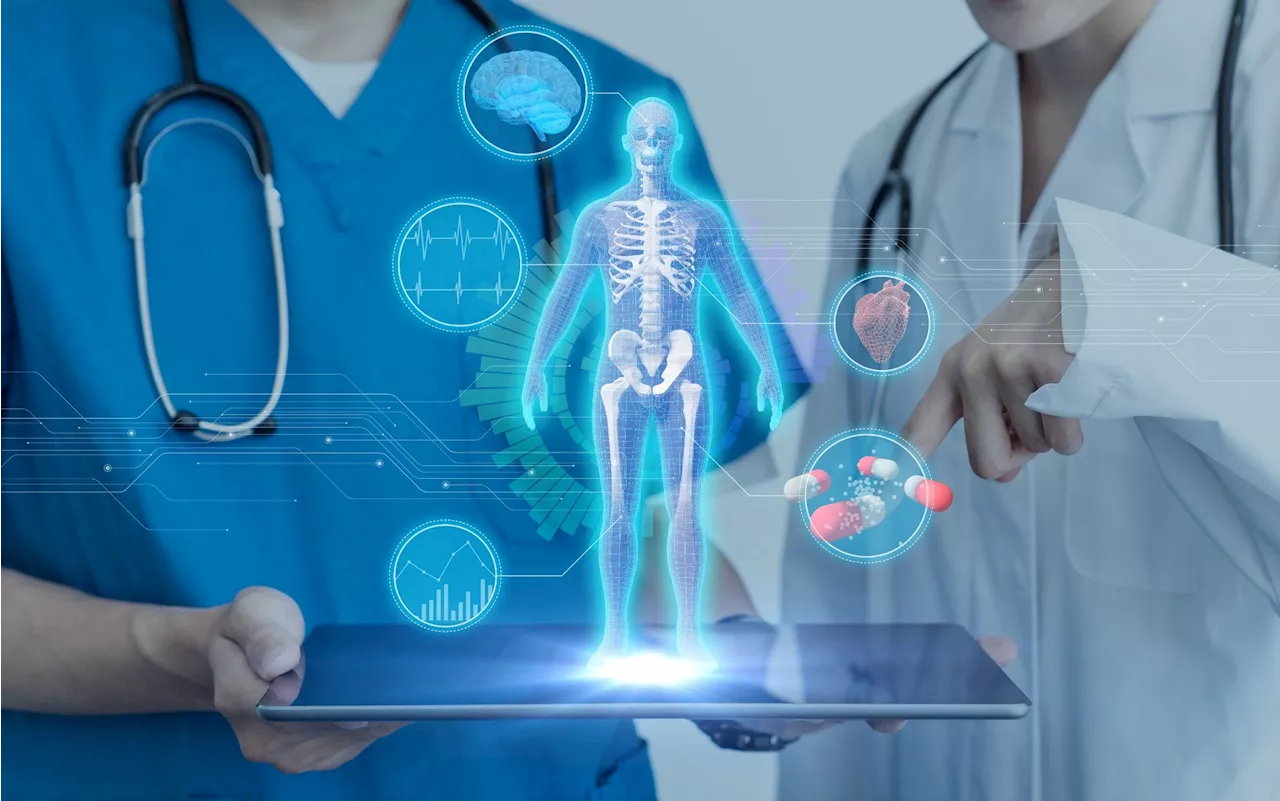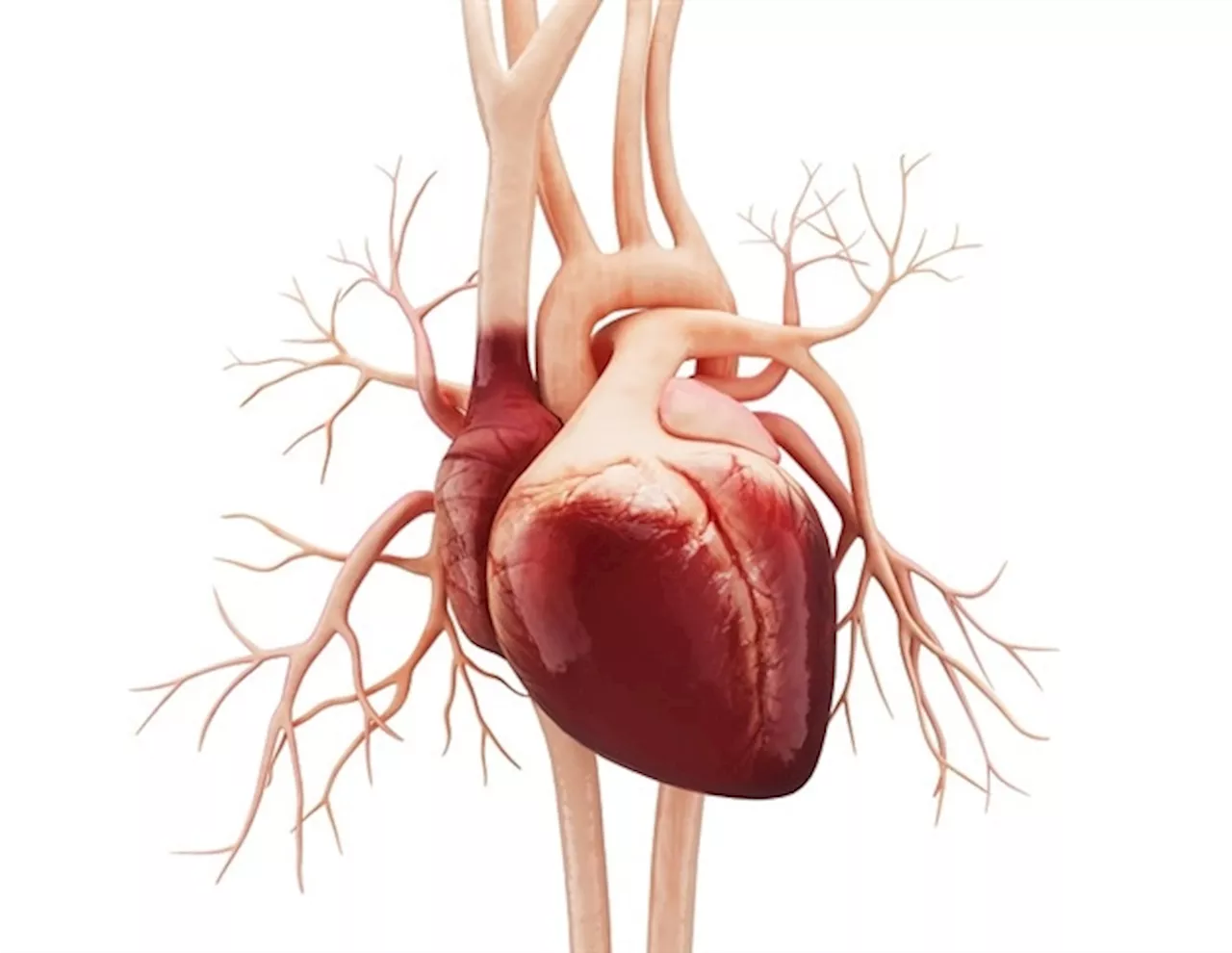Advancements in CNTs with metal doping show promise for efficient hydrogen storage, crucial for clean energy systems.
By Aliya Farook BadiuddinApr 23 2024Reviewed by Lexie Corner Carbon nanotubes have garnered attention as a viable solution for hydrogen storage due to their unique structural properties. Recent advancements, including the doping and incorporation of transition metal atoms, have demonstrated promising results in improving hydrogen storage capabilities. These developments signify a crucial step in addressing the demand for safe and efficient hydrogen storage systems.
Solid-state carbon materials like CNTs are widely favored for hydrogen storage due to their efficient adsorption properties. The hydrogen storage capacity of CNTs is influenced by several factors, including synthesis conditions, impurities, and the use of catalyst substances during their production. Despite their potential, CNTs exhibit weak van der Waals interaction with hydrogen, necessitating further research to enhance their binding capabilities.What Are Electron Microscopy Grids Made From? Related StoriesDefects and doping on the CNT surface have been shown to increase the active sites for the adsorption of hydrogen molecules, thereby improving storage capacity.
Another study investigated the potential of Vanadium-doped Silicon Boron Nitride nanotubes for storing hydrogen efficiently. Using various simulations, the researchers found that these nanotubes can strongly bind hydrogen molecules, allowing them to store up to 3.02 % of their weight in hydrogen.
Hydrogen Storage Technology Metal Doped Cnts
United Kingdom Latest News, United Kingdom Headlines
Similar News:You can also read news stories similar to this one that we have collected from other news sources.
 Revolutionizing brain tumor treatment: the rise of AI in neuro-oncologyThe current state of knowledge about the role of artificial intelligence (AI) in the diagnosis, treatment, and prognosis of brain tumors.
Revolutionizing brain tumor treatment: the rise of AI in neuro-oncologyThe current state of knowledge about the role of artificial intelligence (AI) in the diagnosis, treatment, and prognosis of brain tumors.
Read more »
 ATLAS: The AI revolutionizing dietetics education with virtual patientsStudy showcases 'Authentic Teaching and Learning Application Simulation (ATLAS),' a generative AI model designed to enhance communication skills in nutrition and dietetics students by using virtual simulated patients, offering an innovative, cost-effective alternative to traditional human-simulated patients.
ATLAS: The AI revolutionizing dietetics education with virtual patientsStudy showcases 'Authentic Teaching and Learning Application Simulation (ATLAS),' a generative AI model designed to enhance communication skills in nutrition and dietetics students by using virtual simulated patients, offering an innovative, cost-effective alternative to traditional human-simulated patients.
Read more »
 AI in Healthcare: Revolutionizing the Patient ExperienceCompanies are exploring the use of AI in healthcare to address staffing issues and improve the patient experience.
AI in Healthcare: Revolutionizing the Patient ExperienceCompanies are exploring the use of AI in healthcare to address staffing issues and improve the patient experience.
Read more »
 Revolutionizing heart failure treatment: Advances in mechanical circulatory support devicesThe same technology that enables a bullet train to travel at speeds up to 200 mph without touching its rails now keeps a failing heart pumping-;and in the near future, it will do so via a wireless power connection.
Revolutionizing heart failure treatment: Advances in mechanical circulatory support devicesThe same technology that enables a bullet train to travel at speeds up to 200 mph without touching its rails now keeps a failing heart pumping-;and in the near future, it will do so via a wireless power connection.
Read more »
 Plan to build one of the biggest hydrogen fuelling sites in country in Bradford is approvedOne of the biggest hydrogen refuelling stations in the country can be built in Bradford after plans for a gas site in the city were approved.
Plan to build one of the biggest hydrogen fuelling sites in country in Bradford is approvedOne of the biggest hydrogen refuelling stations in the country can be built in Bradford after plans for a gas site in the city were approved.
Read more »
 Airbus, Rolls-Royce, and EasyJet Team Up for Hydrogen-Powered FlightThe UK aviation industry is exploring the potential of hydrogen flight to decarbonize its operations and meet net-zero emissions targets.
Airbus, Rolls-Royce, and EasyJet Team Up for Hydrogen-Powered FlightThe UK aviation industry is exploring the potential of hydrogen flight to decarbonize its operations and meet net-zero emissions targets.
Read more »
